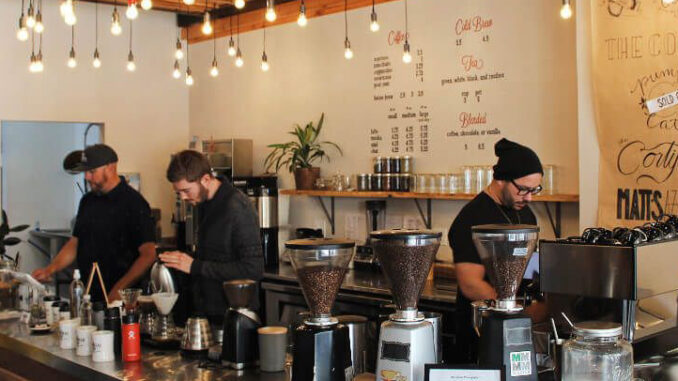
It’s been a tumultuous year for small businesses. When the initial COVID-19 wave forced all but essential industries to shutter, it sent a wave of anxiety throughout the economy, and justifiably so. After all, the bills kept coming even as revenue dried up. Many companies started cutting corners through layoffs, but the majority of small businesses buckled down and kept paying wages, health benefits, and other costs for employees. For us, employees aren’t just a resource, they’re our friends and fellow community members. So even though it wasn’t cheap, entrepreneurs acted in good faith.
When the government offered PPP loans, we saw a ray of hope—but that was quickly marred by scandals, including an outrageous amount of money for megachurches, megacorporations, and other undeserving industries. When California announced a limited reopening, many of us sunk more money into plastic shielding, reorganization, and increased cleaning services to meet the new standards—only to have Governor Newsom reverse course and announce another round of closures.
I can’t tell you how many small businesses have had to close their doors permanently over the past few months. But I can tell you that the loss goes beyond just the economy. A Latino-owned coffeeshop that has stayed open late to host neighborhood council meetings and support local writers with open mic nights can’t be replaced by a Starbucks. A family restaurant that has sponsored their city’s Little League and played host to innumerable team dinners for twenty years can’t be replaced by a Burger King.
Small businesses are already facing an uphill battle for survival: a dreaded COVID-19 second wave, a looming rent crisis, and a downturn in consumer spending as unemployment benefits threaten to stop. The last thing we need is a new threat in the form of a suggested “presumption” that all COVID-19 cases should be eligible for workers’ compensation benefits.
When employers pay into the workers’ compensation system, they do so because their employees deserve to have some security in the case of an accident or illness in the line of duty. The key words being in the line of duty; the workers’ compensation system isn’t there to be abused by potential beachgoers or others ignoring social distancing guidelines.
The Hispanic Chamber of Commerce of the Central Coast has been running our team ragged over the past several months to help save local businesses. From small loans to instructional webinars, we’re fighting to keep minority-owned businesses open. All we’re asking for is our legislators to be on our side.
Sergio Sanchez
President/CEO
Hispanic Chamber of Commerce of the Central Coast



Be the first to comment